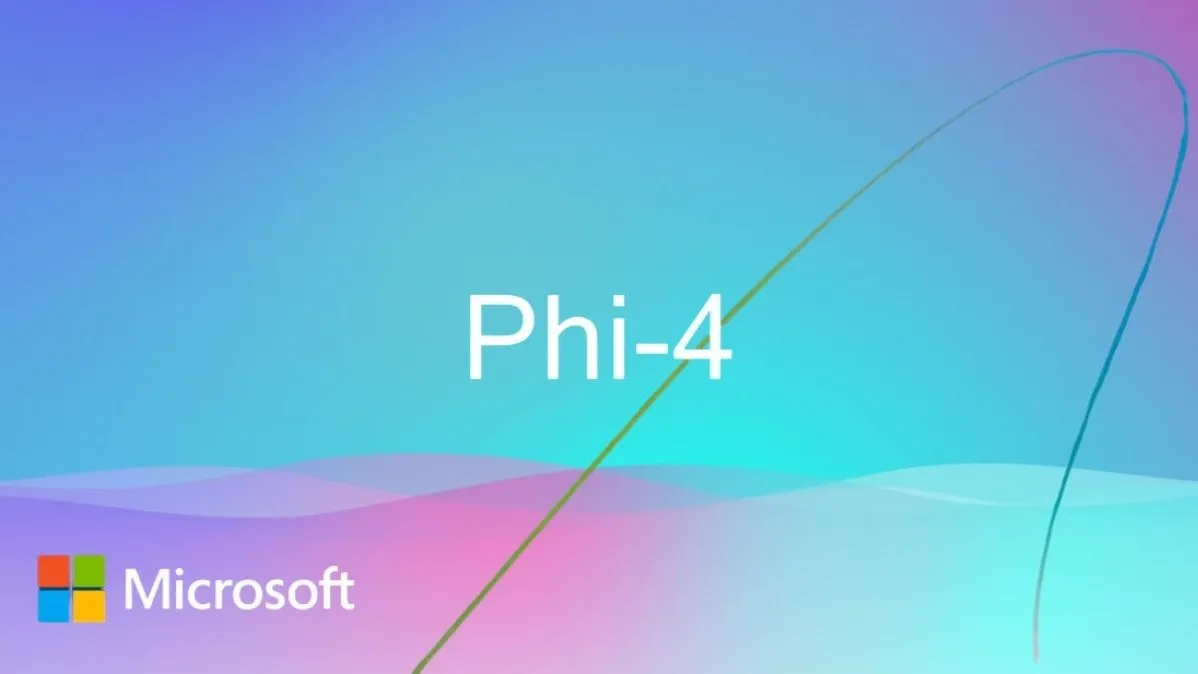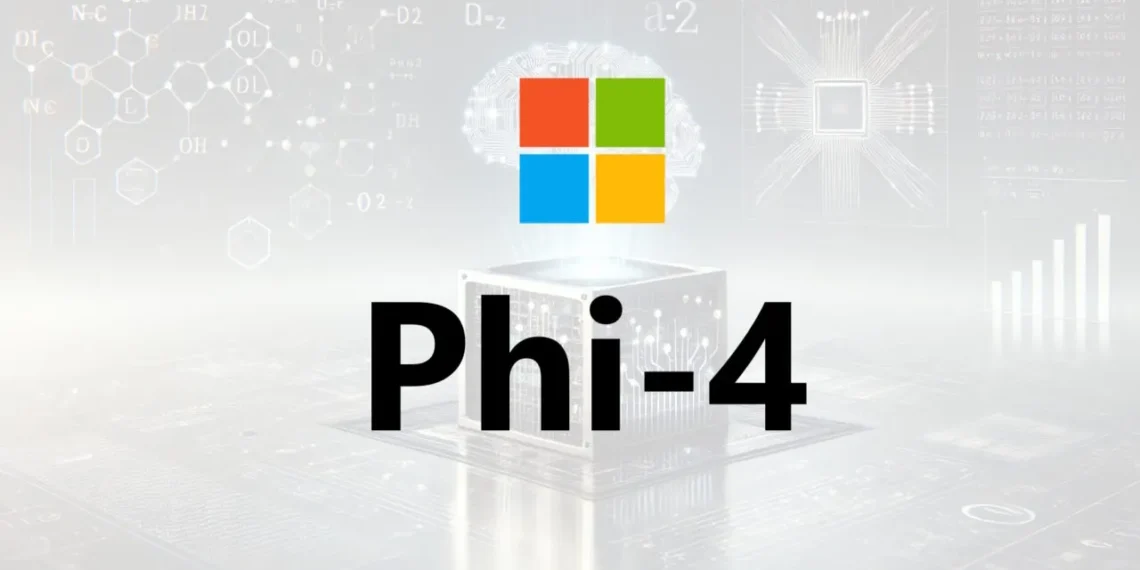On Wednesday, Microsoft made a significant announcement in the AI space, launching a new set of “open” AI models under its Phi 4 branding. The most powerful of these models is now being positioned to rival OpenAI’s o3-mini, at least on certain benchmarks. With these new models—Phi 4 mini reasoning, Phi 4 reasoning, and Phi 4 reasoning plus—the tech giant is aiming to revolutionize how developers and researchers approach reasoning tasks in AI.

The Phi 4 models are designed with a strong focus on reasoning, giving them the ability to spend more time fact-checking and analyzing complex problems. This is a major leap for Microsoft’s AI portfolio, which now offers a variety of models catering to different levels of complexity, including applications at the edge.
Introducing Phi 4 Models: A New Era for Reasoning in AI
Microsoft’s new Phi 4 models fall under the category of “reasoning models,” meaning they are specifically built to handle complex, multi-step problems that require deep analysis. These models are part of Microsoft’s expanding Phi family, which started a year ago with a focus on creating small AI models that could run efficiently on resource-limited devices.
The Phi 4 mini reasoning model is particularly noteworthy, as it was trained using approximately 1 million synthetic math problems. These problems were generated by DeepSeek, a Chinese AI startup known for its R1 reasoning model. Phi 4 mini reasoning is designed for educational applications, such as embedded tutoring, and is optimized for use on lightweight devices. At 3.8 billion parameters in size, this model packs quite a punch for its relatively compact design.
Phi 4 Reasoning Models: Bigger and Better for Complex Applications
The Phi 4 reasoning model, with its 14-billion parameters, takes things a step further. Trained on a combination of high-quality web data and curated demonstrations, including insights from OpenAI’s o3-mini, Phi 4 reasoning is designed to excel in fields like math, science, and coding. Microsoft claims that this model is a powerhouse for any developer or researcher looking to implement AI in more technical and demanding applications.
However, the real star of the show is the Phi 4 reasoning plus model. This model is an adaptation of Microsoft’s earlier Phi 4 model, enhanced to include reasoning capabilities that enable better accuracy for specific tasks. In fact, Microsoft claims that Phi 4 reasoning plus is closing the performance gap with much larger models, including DeepSeek’s R1, which boasts a staggering 671 billion parameters. In internal benchmarking, Phi 4 reasoning plus even matched OpenAI’s o3-mini on OmniMath, a rigorous math skills test.
Leveraging Advanced AI Techniques for Size and Performance Balance
One of the key reasons behind the success of the Phi 4 models is Microsoft’s use of advanced AI techniques, such as distillation, reinforcement learning, and high-quality data. By using these methods, Microsoft has managed to create models that balance both size and performance effectively. These models are small enough to operate in low-latency environments, yet they maintain strong reasoning capabilities that rival much larger models.
Microsoft’s goal with these models is to offer AI that can perform complex reasoning tasks efficiently, even on resource-limited devices. This is especially important for applications in areas like education and embedded systems, where low-latency performance and minimal resource usage are critical.
The Future of AI: Phi 4 Models on Hugging Face and Beyond
For those interested in experimenting with these groundbreaking models, Microsoft has made them available on the AI development platform, Hugging Face. Detailed technical reports and resources for developers are also available, providing insight into how these models work and how they can be implemented in a variety of applications.

These new Phi 4 models have the potential to unlock a host of opportunities for developers and creators alike. By offering powerful reasoning capabilities in a compact form, Microsoft is pushing the boundaries of what’s possible in AI, ensuring that even smaller, resource-constrained devices can run complex AI applications efficiently.
As the AI landscape continues to evolve, Microsoft’s introduction of the Phi 4 models marks an important step forward in making AI more accessible and capable across a wider range of use cases. Whether you’re a developer, educator, or researcher, these new models are sure to be a game-changer in the quest for more intelligent, efficient, and practical AI solutions.



